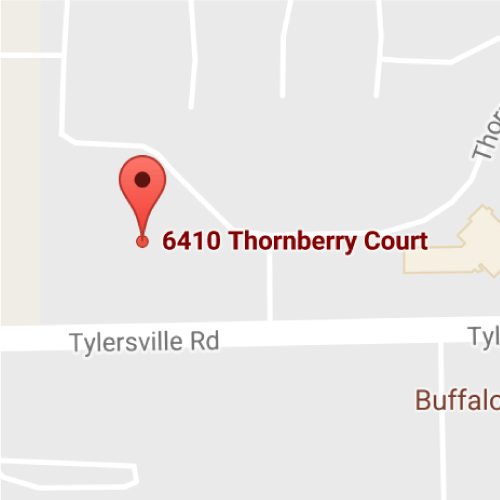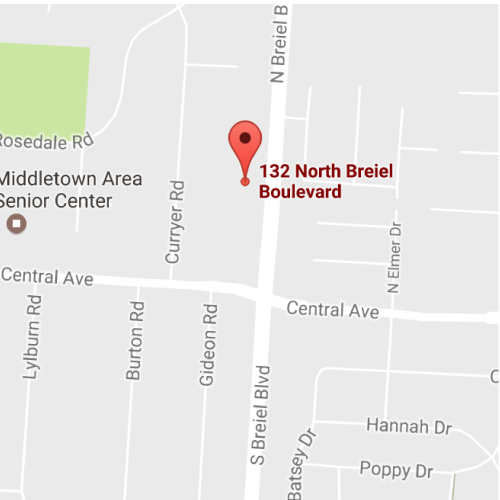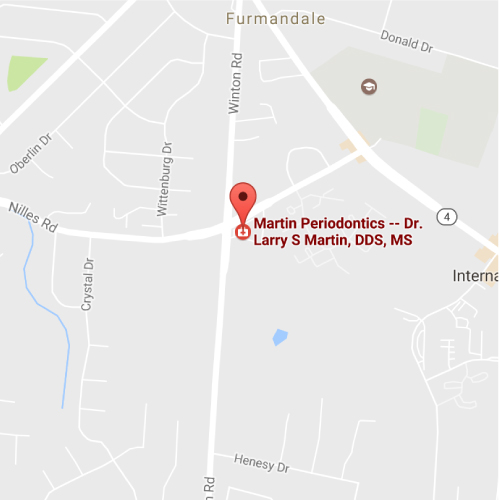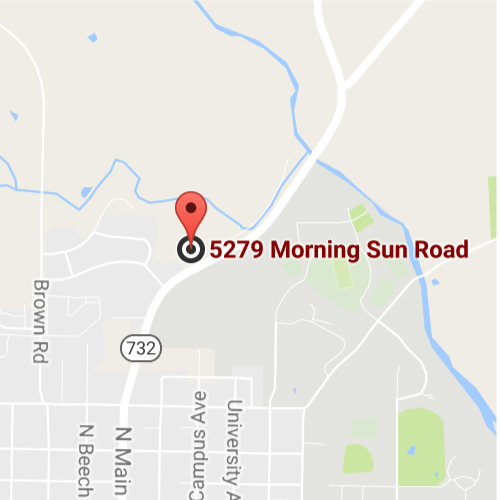Nonmodifiable Risk Factors for Periodontitis
Posted on 8/22/2022 by Martin Periodontics |
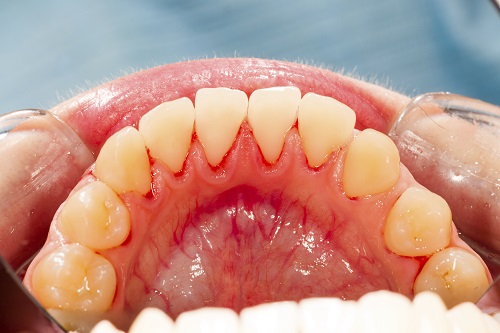 Periodontitis, often known as gum disease, is a dangerous gingival and periodontal infection that affects the soft tissue and can eventually damage the bone structure that supports teeth if left untreated. Periodontitis can result in teeth loosening and tooth loss. A disease's risk factors raise the likelihood of the illness occurring or new development or recurrence. Age, genetics, sexuality, and culture are non-modifiable risk variables. Periodontitis, often known as gum disease, is a dangerous gingival and periodontal infection that affects the soft tissue and can eventually damage the bone structure that supports teeth if left untreated. Periodontitis can result in teeth loosening and tooth loss. A disease's risk factors raise the likelihood of the illness occurring or new development or recurrence. Age, genetics, sexuality, and culture are non-modifiable risk variables.
Common Non Modifiable Risk Factors
Periodontal disease prevalence is inversely related to age. However, age-related cumulative periodontal disintegration, dietary inadequacies, concurrent health problems and disorders, and inability to execute self-care may play a role in this association. Genomic interactions and gene-environmental correlations may contribute to the development of periodontal diseases, and some genes are implicated in pathogenicity (epigenetics). The genetic significance in young people with the severe periodontal disorder is more understood than in people with chronic periodontitis.
Periodontal disease is more common, severe, and widespread in men and women of all ages, races, and geographical regions. This gap between men and women is due to differences in lifestyle, hormonal imbalances that lead to immune system response dimorphism, and host vulnerability.
In elderly persons, tooth loss is usually linked to periodontal disease. The impacts of ageing on periodontium tissues are based on molecular mutations in periodontal cells, which exacerbate periodontal bone loss in older periodontitis patients. Also, the increasing rate of periodontal destruction seen with age could be due to accumulated destruction (over time) rather than increasing deterioration rates.
Other Non Modifiable Risk Factors
Women's hormonal changes during menstrual cycles, pregnancy, menopause, and medicinal supplement therapies affect periodontal health. Changes in gingival blood circulation caused by hormones may increase disease incidence—salivary concentration and flow rate, or bone development.
However, the majority of the time, these conditions can be attributed to an increase in the prevalence of male tobacco consumption and men's greater propensity for neglecting dental hygiene. Down syndrome, leukocyte adhesion deficiency syndrome, acute neutrophil abnormalities, and cyclical neutropenia are linked to severe periodontal disease.
|
|
